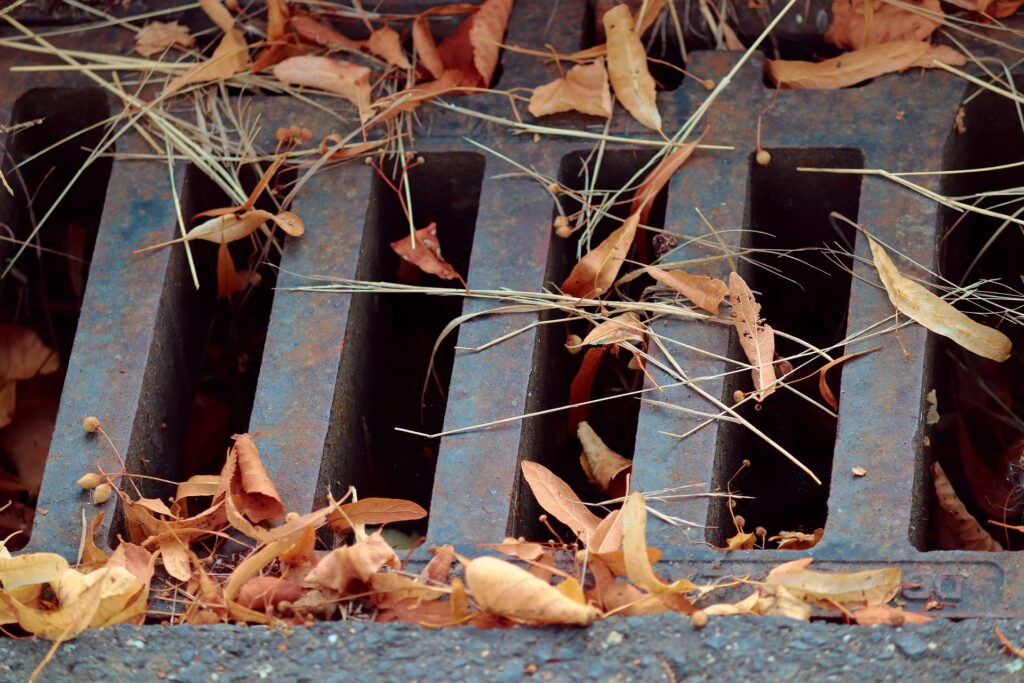Because Basement Flooding are built partially or entirely below ground level, they are susceptible to floods. The reason for this is that basement floods can happen outside of the rainy season. Snow melts quickly, even in dry weather, regardless of the season. Many sources can cause water in the basement, including inclement weather, broken or damaged plumbing, and drainage issues.
Causes of Basement Flooding, as outlined by the National Flood Insurance Program:
When your Basement Flooding, the consequences can be devastating. They are preventing Basement Flooding by identifying and preventing the most common causes. That horror will never become a reality if you take this protective measure.
Faulty Drainage Tiles:
Should install a drainage system around the perimeter of every home. Water damage can occur when drainage tiles are installed incorrectly or are broken. During heavy rains, the basement is at risk of flooding. This may cause your Basement Flooding. It is only recommended that an inspection be carried out by a qualified professional.

Installing Downspouts Wrongly:
The downspout’s primary function is to divert water away from the home and its foundation. Should maintain a minimum distance of five to six feet between the downspout and the basement wall. And the water drains away from the house, typically toward the street or backyard. Water will collect adjacent to your house if your downspouts are damaged or missing.
As a result, water can slowly seep into the basement or stream via foundation fractures. Gutter blockage occurs as a result of the accumulation of debris in the
gutters. An obstruction in the gutter and downspout prevents rainwater from draining away from the house. As part of routine maintenance, make sure you clear up the gutters on your house regularly to avoid water damage.

A simple rake of any fallen leaves or twigs can suffice in the early spring months. Even so, you may need the assistance of a professional to ensure the safe removal of all debris. In addition to dripping down the side of the house, water can seep into the basement via overflowing gutters.
Make sure your gutters aren’t overflowing 15 minutes after a storm by going outside and checking them. Water may leak into your foundation as a result of a busted pipe. You may also have to deal with a flooded basement floor if the storm is hefty. Should contact Gutter repair professionals if you suspect that your gutters are overflowing and in need of repair promptly.
Structural Defects:
Must adequately seal a home’s basement tiles and foundation during construction. This is especially critical in locations where heavy rain, hurricanes, or other extreme weather occurrences are common. A flooded basement can be caused by hurricanes, known for their intense wind storms and torrential rain.
Additionally, locations that receive a lot of snow are at risk of Basement Flooding because of melting snow. Water will eventually seep into the basement from the ground if the sealing is not done. If your basement floods regularly, this could be the culprit.


Recent Comments